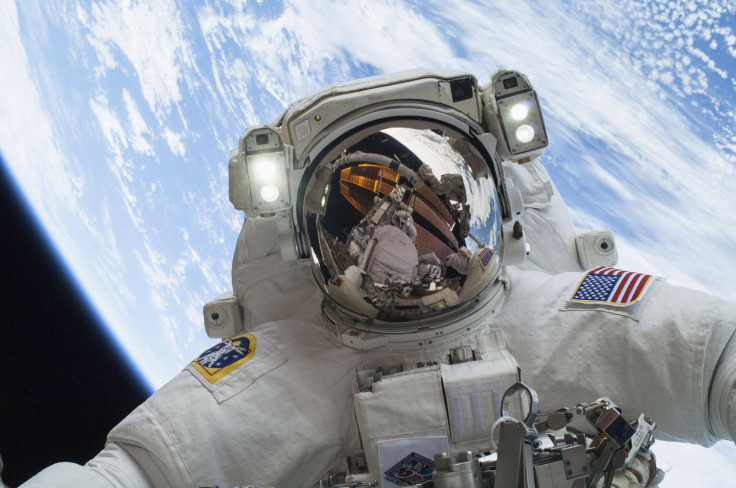Astronaut Study Shows Widespread Use Of Sleeping Pills In Space

Adjusting sleep schedules while traveling is always a challenge -- more so in zero gravity, when a minor problem could send the traveler spiraling into infinite space. Perhaps it should come as no surprise, then, that a study published in The Lancet Neurology found that astronauts often rely on sleep aids like Ambien to get a good night of sleep while in orbit.
According to PBS, the new sleep study, conducted by Harvard Medical School, the University of Colorado and Brigham and Women’s Hospital examined the sleeping habits and patterns of 85 astronauts over 4,000 nights of sleep while on Earth in addition to monitoring 4,200 nights while in space. Though NASA allocates enough time for all personnel to receive 8.5 hours of sleep a night, it was revealed that the average length of a night of rest for an astronaut was closer to six hours.
The decade-long study is the most comprehensive study on the sleep habits of astronauts, and found that chronic sleep issues plague them while in outer space. Of 64 astronauts surveyed that were on 80 different shuttle missions, 78 percent used the powerful sleep drugs on more than half the nights they spent in space. Likewise, 75 percent of the 21 people aboard the International Space Station also relied on sleep aids at some point while on the ISS.
The data has raised concerns by doctors of the risks of insufficient rest while in space. The study’s lead author, Laura K. Barger, Ph.D., writes that the daily performance and safety of the astronauts is in jeopardy because the side effects of such sleeping pills affect alertness, motor skills and coordination and can last even a day after the drugs are ingested.
© Copyright IBTimes 2024. All rights reserved.






















